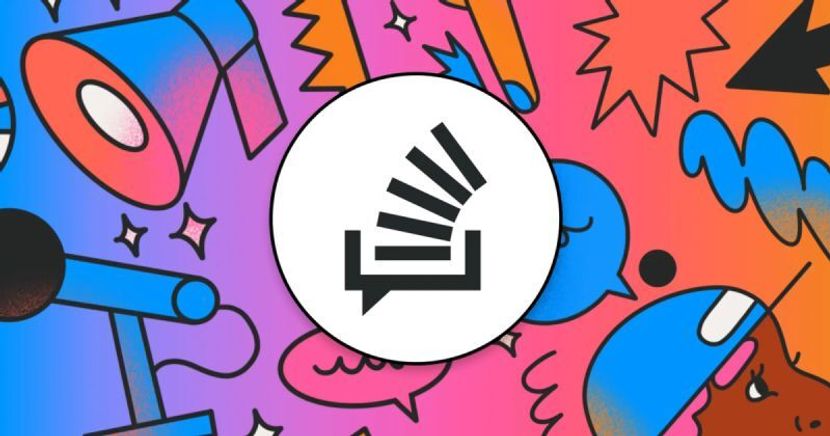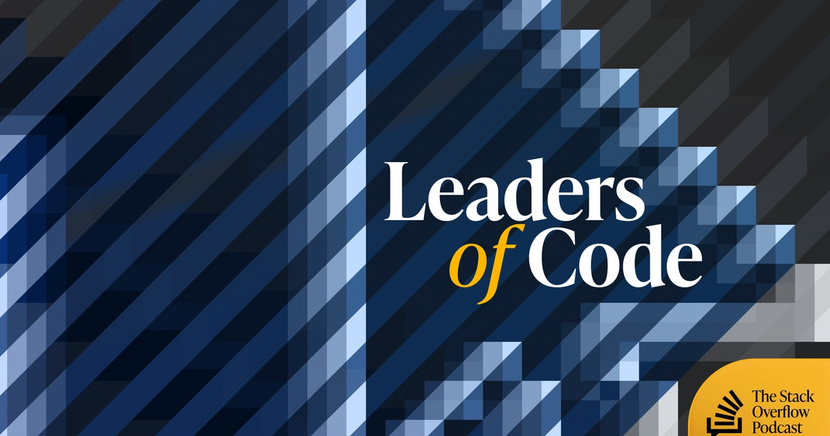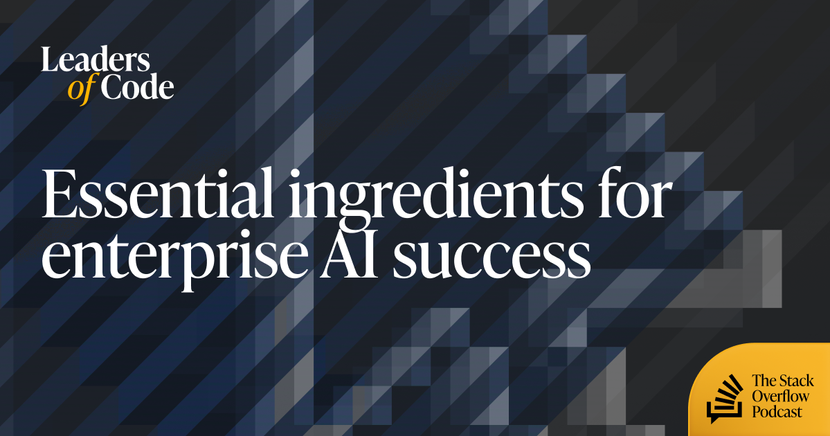Settle down, nerds. AI is a normal technology
Ryan welcomes Anil Dash, writer and former Stack Overflow board member, back to the show to discuss how AI is not a magical technology, but rather the normal next step in computing’s evolution. They explore the importance of democratizing access to technology, the unique challenges that LLMs’ non-determinism poses, and how developers can keep Stack Overflow’s ethos of community alive in a world of AI.


